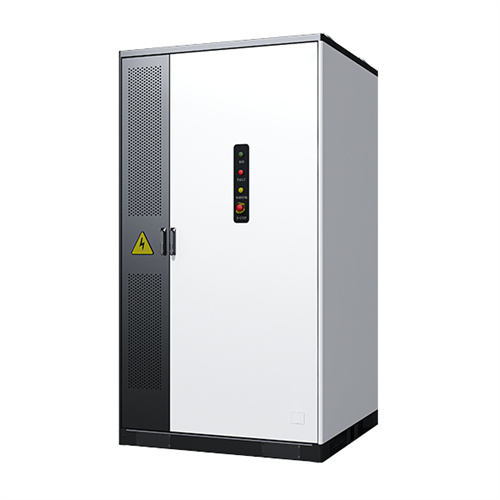About Lithium battery in cold
Batteries contain fluids called electrolytes, and cold temperatures cause fluids to flow more slowly. So, the electrolytes in batteries slow and thicken in the cold, causing the lithium ions inside to move slower. This slowdown can prevent the lithium ions from properly inserting into the electrodes.
As the photovoltaic (PV) industry continues to evolve, advancements in Lithium battery in cold have become critical to optimizing the utilization of renewable energy sources. From innovative battery technologies to intelligent energy management systems, these solutions are transforming the way we store and distribute solar-generated electricity.
When you're looking for the latest and most efficient Lithium battery in cold for your PV project, our website offers a comprehensive selection of cutting-edge products designed to meet your specific requirements. Whether you're a renewable energy developer, utility company, or commercial enterprise looking to reduce your carbon footprint, we have the solutions to help you harness the full potential of solar energy.
By interacting with our online customer service, you'll gain a deep understanding of the various Lithium battery in cold featured in our extensive catalog, such as high-efficiency storage batteries and intelligent energy management systems, and how they work together to provide a stable and reliable power supply for your PV projects.
Related Contents
- Cold lithium ion battery
- How cold can a lithium battery get
- Lithium ion battery cold
- Lithium battery in cold
- Lithium battery max voltage
- 60v lithium ion battery pack
- Lithium battery msds 2023
- Test lithium battery capacity
- 10 year sealed lithium battery operated smoke alarm
- How to charge 18v lithium battery
- Dewalt dcb107 lithium ion battery charger 12v 20v
- 24v 10ah lithium ion battery


